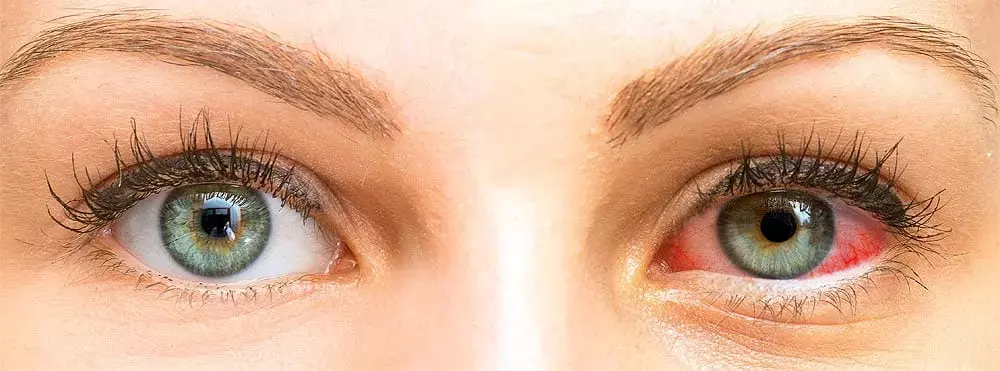- Home
- Medical news & Guidelines
- Anesthesiology
- Cardiology and CTVS
- Critical Care
- Dentistry
- Dermatology
- Diabetes and Endocrinology
- ENT
- Gastroenterology
- Medicine
- Nephrology
- Neurology
- Obstretics-Gynaecology
- Oncology
- Ophthalmology
- Orthopaedics
- Pediatrics-Neonatology
- Psychiatry
- Pulmonology
- Radiology
- Surgery
- Urology
- Laboratory Medicine
- Diet
- Nursing
- Paramedical
- Physiotherapy
- Health news
- Fact Check
- Bone Health Fact Check
- Brain Health Fact Check
- Cancer Related Fact Check
- Child Care Fact Check
- Dental and oral health fact check
- Diabetes and metabolic health fact check
- Diet and Nutrition Fact Check
- Eye and ENT Care Fact Check
- Fitness fact check
- Gut health fact check
- Heart health fact check
- Kidney health fact check
- Medical education fact check
- Men's health fact check
- Respiratory fact check
- Skin and hair care fact check
- Vaccine and Immunization fact check
- Women's health fact check
- AYUSH
- State News
- Andaman and Nicobar Islands
- Andhra Pradesh
- Arunachal Pradesh
- Assam
- Bihar
- Chandigarh
- Chattisgarh
- Dadra and Nagar Haveli
- Daman and Diu
- Delhi
- Goa
- Gujarat
- Haryana
- Himachal Pradesh
- Jammu & Kashmir
- Jharkhand
- Karnataka
- Kerala
- Ladakh
- Lakshadweep
- Madhya Pradesh
- Maharashtra
- Manipur
- Meghalaya
- Mizoram
- Nagaland
- Odisha
- Puducherry
- Punjab
- Rajasthan
- Sikkim
- Tamil Nadu
- Telangana
- Tripura
- Uttar Pradesh
- Uttrakhand
- West Bengal
- Medical Education
- Industry
Exercise can provide relief for dry, itchy eyes

A team led by researchers from the University of Waterloo discovered that a significant increase in tear secretion and tear film stability after participating in aerobic exercise can be another remedy for relieving dry, itchy eyes.
Every time we blink, our eyes are covered in tear film—an essential protective coating necessary for maintaining healthy ocular function. Healthy tear film comprises three layers–oil, water, and mucin–that work together to hydrate the ocular surface and protect against infection-causing irritants like dust or dirt.
When any part of the tear film becomes unstable, the ocular surface can develop dry spots, causing eye symptoms like itchiness or stinging and burning sensations.
"With so much of our activity tied to screen usage, dry eye symptoms are becoming increasingly common," said Heinz Otchere, a PhD candidate in vision science at Waterloo. "Instead of having to use eye drops or other alternative treatments, our study aimed to determine if remaining physically active can be an effective preventative measure against dryness."
Fifty-two participants were divided into two groups—athlete and non-athlete—to participate in an exercise session. Participants in the athlete group exercised at least five times per week, while non-athlete participants exercised no more than once per week. Researchers, which included experts from the University of Cape Coast in Ghana, performed visual examinations before and five minutes after each exercise session, where tear secretion and tear break-up time were assessed.
While participants in the athlete group showed the largest increase, Otchere says all participants experienced a meaningful boost in tear quantity and tear film stability after the exercise session.
"It can be challenging for people to regularly exercise when the demand is there to work increasingly longer hours in front of screens," Otchere said. "However, our findings show physical activity can be really important for not just our overall well-being, but for our ocular health too."
The study, Differential effect of maximal incremental treadmill exercise on tear secretion and tear film stability in athletes and non-athletes, was co-authored by Otchere, the University of Cape Coast's Samuel Abokyi, Sekyere Nyamaah, and Michael Ntodie, and Ghana's Our Lady of Grace Hospital's Yaw Osei Akoto. It was recently published in the Experimental Eye Research journal.
https://www.sciencedirect.com/science/article/abs/pii/S0014483521004310?via=ihub
Hina Zahid Joined Medical Dialogue in 2017 with a passion to work as a Reporter. She coordinates with various national and international journals and association and covers all the stories related to Medical guidelines, Medical Journals, rare medical surgeries as well as all the updates in the medical field. Email: editorial@medicaldialogues.in. Contact no. 011-43720751
Dr Kamal Kant Kohli-MBBS, DTCD- a chest specialist with more than 30 years of practice and a flair for writing clinical articles, Dr Kamal Kant Kohli joined Medical Dialogues as a Chief Editor of Medical News. Besides writing articles, as an editor, he proofreads and verifies all the medical content published on Medical Dialogues including those coming from journals, studies,medical conferences,guidelines etc. Email: drkohli@medicaldialogues.in. Contact no. 011-43720751


